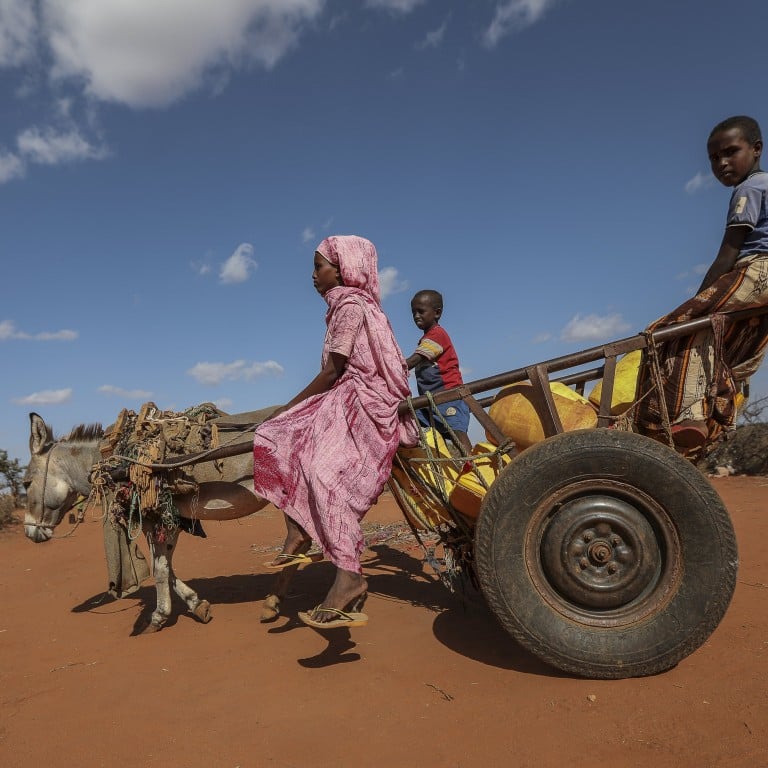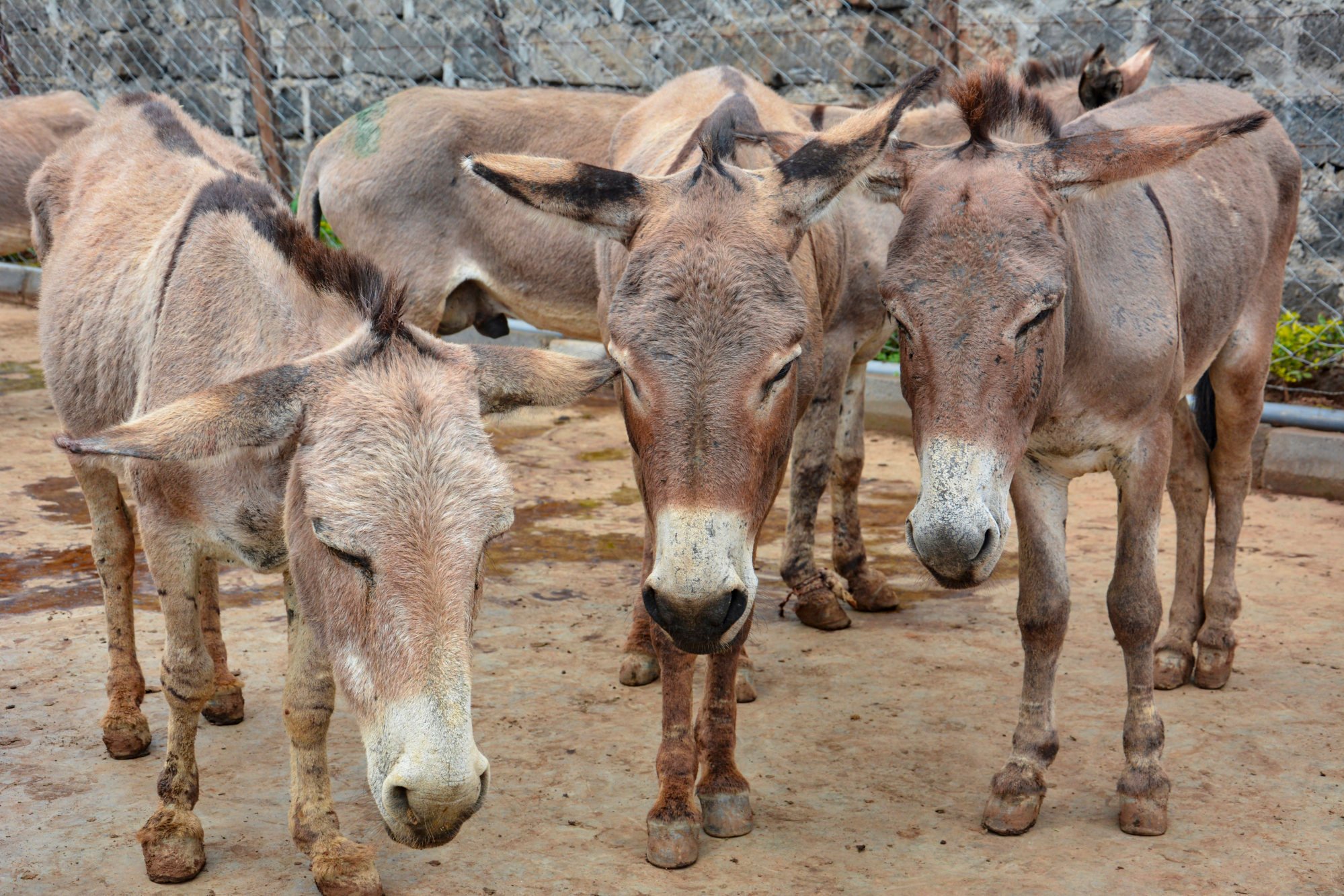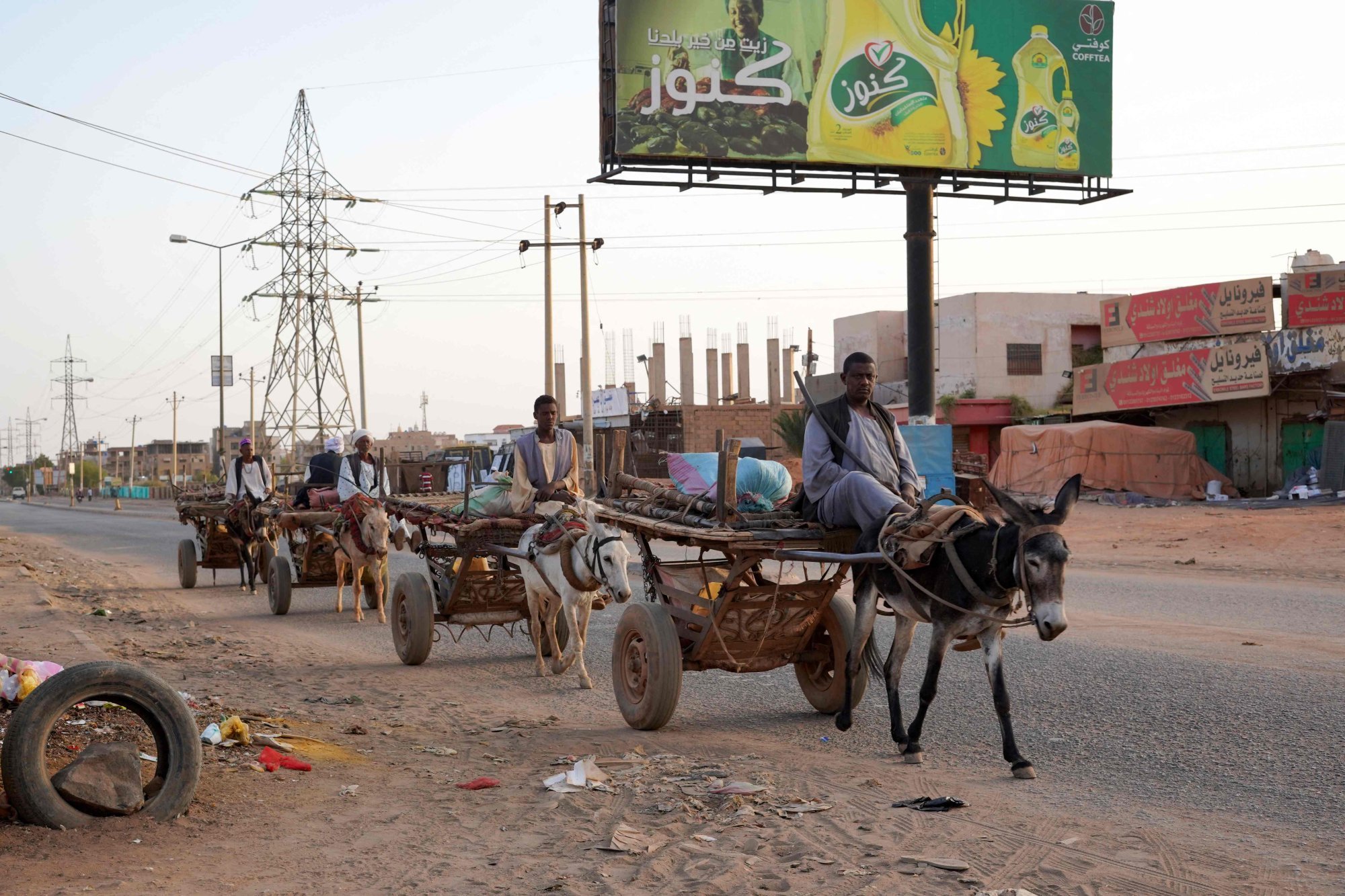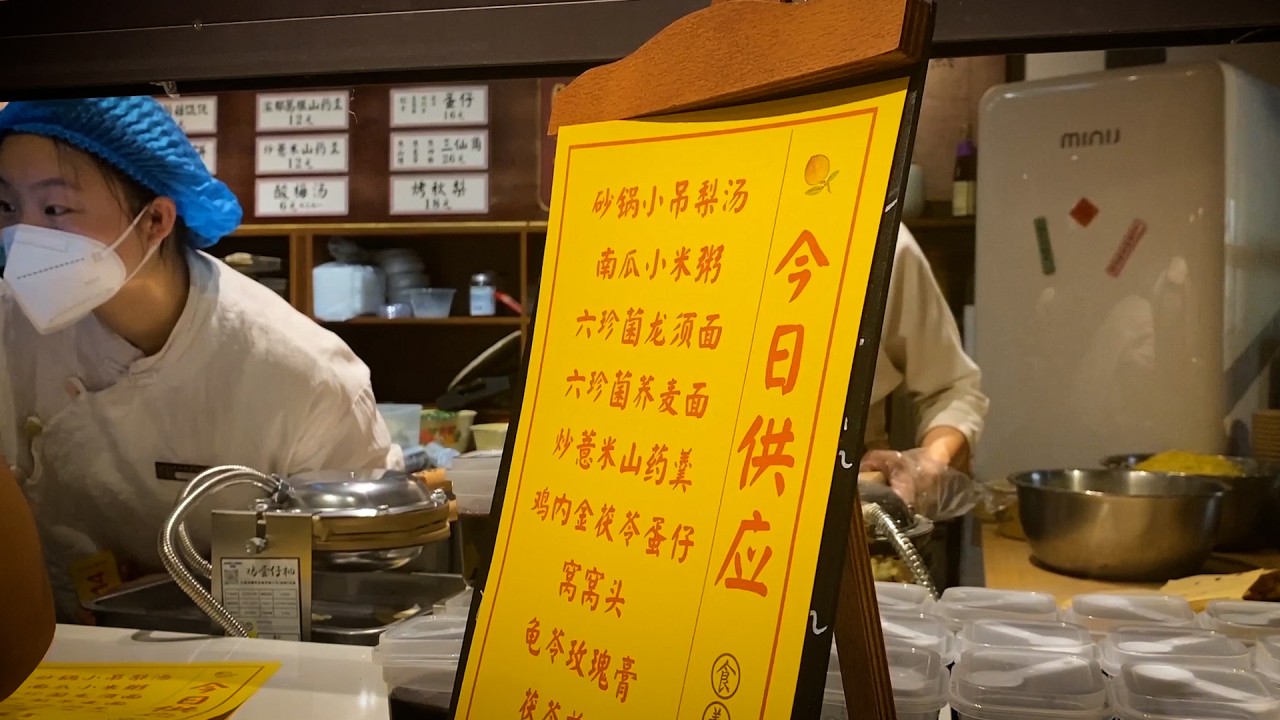
In Africa, China needs ‘donkey diplomacy’
- The trade in donkey skins has decimated the animal’s population, adversely affecting poor African families and thus harming China’s reputation
- Beijing can support the African Union’s ban on the trade by cracking down on products that use donkey skin and looking into manufacturers’ scientific and cultural claims
The number of donkeys slaughtered globally rose to 5.9 million in 2021 according to The Donkey Sanctuary. Without preventive action being taken, some 6.8 million donkeys could be butchered in 2027 for the skin trade, the charity’s report this year predicted.
The increase in donkey slaughter in Africa coincided with a 160 per cent increase in China’s production of ejiao, which is said to be good for strengthening the body, prolonging life and enhancing beauty. Unsurprisingly, the rise of the donkey skin trade has followed the expansion of Sino-African trade.
Few realise that every part of the donkey skin trade is flagrantly inhumane. Indiscriminate sourcing, including wanton theft, often send young and old, fit and sick, and even pregnant donkeys to slaughter. Transport often involves moving the donkeys on foot for days under the blazing African sun often without food, water or rest. Holding facilities are deplorable. Slaughter happens in front of other donkeys in cruel ways.

While the policy elites in China might not be very concerned about the well-being of donkeys, the economic and reputational costs of the trade should serve as a warning.
The trade is depriving some of the poorest communities in Africa of a crucial means of livelihood. At least 13 million of the world’s 42 to 53 million donkeys live and work in Africa. Despite technological advancement and modern farming tools, donkeys remain a key source of income there.
Not only are donkeys used to transport life’s necessities, draught animals in food production are a stepping stone for families out of hunger. Donkeys and horses play important livelihood roles for 300-600 million people globally, 158 million in Africa alone. The China-bound trade has reportedly reduced about half of Kenya’s donkey population between 2009 and 2019.

Ejiao, like other “cure-all” remedies made from wild animal parts or bodily fluid, is a supply-driven product. Produced to meet “demand” that never existed in China on today’s scale, ejiao is a textbook example of how demand can be artificially inflated by the business interests concerned.
The framing of ejiao as a “traditional” remedy for all kinds of ailments with a 3,000-year history has helped one producer in Shandong experience a meteoric rise in profit.
It is time that China seriously looks at ejiao, its alleged medicinal effects, and, importantly, its impact on the livelihood of donkey-dependent communities in Africa and elsewhere. China should not just investigate the biggest ejiao producers. It should also look into the roots of the myth of ejiao to end profit-seeking schemes in the name of traditional culture, stopping a trade that hurts the poor.
Peter J. Li is an associate professor of animal policy at the University of Houston-Downtown and a visiting fellow in the Brooks McCormick Jr. Animal Law & Policy Program at Harvard Law School


